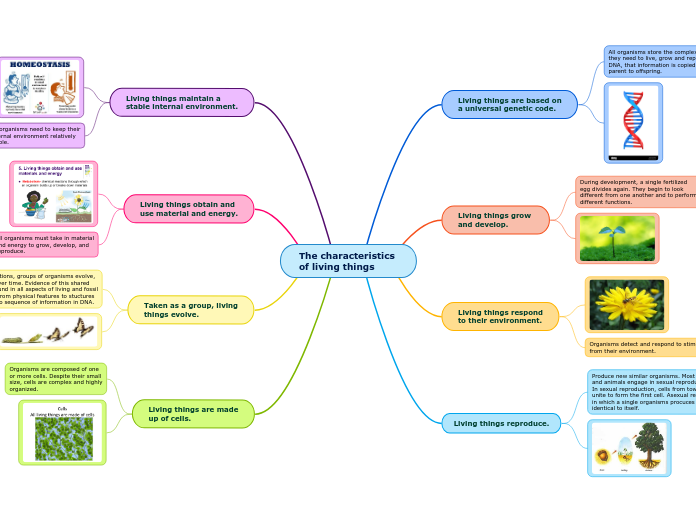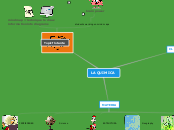da Lady Moreno mancano 3 anni
1489
The characteristics of living things
Living organisms share several fundamental characteristics that define their existence. They are composed of one or more cells, which are complex and organized units of life. These cells enable organisms to reproduce, either sexually or asexually, ensuring the continuation of their species.









